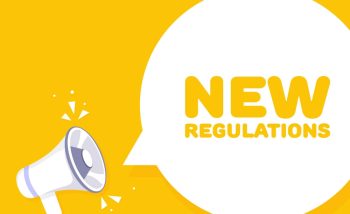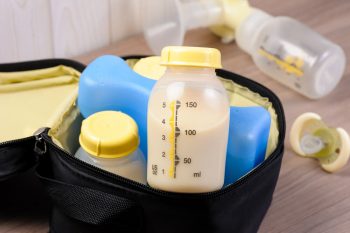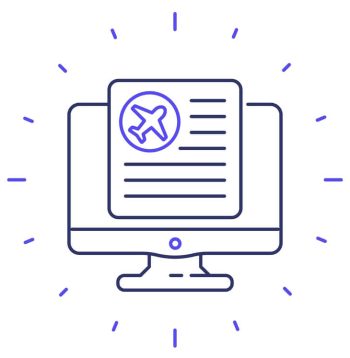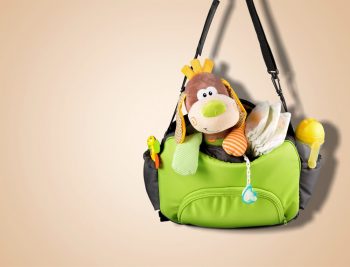Traveling with a baby requires meticulous planning, and one question that often crosses parents’ minds is, “Can you bring baby formula on a plane?”
As a parent preparing for a flight journey with your little one, it’s essential to know the rules and regulations surrounding carrying baby formula.
In this guide, we’ll walk you through everything you need to know about traveling with baby formula in the US, ensuring a stress-free travel experience for both you and your child.
Understanding TSA Guidelines
The Transportation Security Administration (TSA) oversees security measures at airports in the United States.
The good news for parents is that you are allowed to bring baby formula on a plane. The TSA has specific rules in place to ensure that parents can carry essential items for their infants.
Baby formula, breast milk, and juice for infants are all exempt from the 3.4-ounce liquid rule that applies to other liquids in carry-on luggage.

How to Pack Baby Formula for Air Travel
When packing baby formula for your flight, there are a few important things to keep in mind:
1. Pack in Reasonable Quantities
While there is no strict limit on the amount of baby formula you can bring, it’s advisable to bring a reasonable quantity that you expect to use during your travel.
TSA officers may need to perform additional screening on formula containers that exceed a certain amount.
2. Declare at Security Checkpoint
When you reach the security checkpoint, inform the TSA officer that you have baby formula in your carry-on luggage. This will help facilitate the screening process and prevent any delays.
3. Separate the Formula
Consider placing the baby formula in a separate bag within your carry-on. This makes it easier for TSA officers to inspect if needed, without having to handle other items in your bag.
Insulated Bag
To keep the baby formula fresh and prevent spills, consider using an insulated bag or cooler. This can also be helpful if you have breast milk that needs to be kept at a certain temperature.

Formula Checks and Additional Screening
In some cases, TSA officers may need to perform additional screening on baby formula containers.
This could involve opening the container and using a test strip to check for potential explosives.
It’s important to remain patient and cooperative during this process, as it is designed to ensure the safety of all passengers.
International Travel Considerations
If you’re traveling internationally, it’s crucial to research the specific regulations of the country you’re visiting.
While most countries have similar guidelines regarding baby formula, there may be variations in terms of quantities allowed or documentation required.
It’s a good idea to contact the embassy or consulate of your destination country before your trip to get accurate and up-to-date information.
Tips for a Smooth Travel Experience
Arrive Early
Traveling with a baby can take more time than usual. Arriving at the airport early allows you to navigate security and other processes without feeling rushed.
Bring Empty Bottles
If your baby uses bottles, consider packing empty ones in your carry-on. You can fill them with water once you’ve passed security and use them to mix formula during the flight.
Carry Extra Supplies
Pack more formula, diapers, wipes, and baby food than you think you’ll need. Travel delays can happen, and it’s better to be prepared.
Stay Hydrated
Both you and your baby need to stay hydrated during the flight. Remember to bring enough water for yourself and extra for mixing formula.
Check Airline Policies
While TSA rules apply to security, some airlines may have additional guidelines for traveling with baby formula. Check with your airline before your flight to avoid any surprises.

Traveling with a baby requires careful planning, especially when it comes to carrying essential items like baby formula.
The TSA’s guidelines make it clear that you can bring baby formula on a plane, exempting it from the usual liquid restrictions.
By following the packing tips and being aware of the screening procedures, you can ensure a smooth travel experience for you and your little one.
Remember to research the regulations of your destination country if you’re traveling internationally, and don’t forget to double-check with your airline for any additional guidelines.
With the right preparation, you can embark on your journey with confidence, knowing that your baby’s needs are well taken care of.



